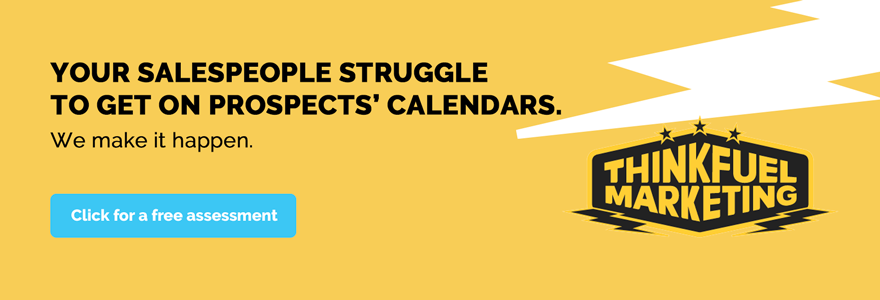Is SEO Dead in 2020? Checking the pulse of SEO
Is SEO dead? Or is it still a viable channel worth devoting some of your marketing efforts to?
Much has been written about manipulating Google search results in your favour. The problem for many is that Google makes changes, improvements and new launches to their algorithms constantly. 9 times a day on average! It would be difficult for anyone to keep up with that rate of change.
On top of that, Google’s use of machine learning (Rank Brain, BERT, etc.) to deliver more relevant topics to searchers makes us wonder “Can we really outsmart the machine?”
What’s Changed?
Not only is there a high rate of constant change, but there are also many more results for every search. There are approximately 5.6 billion searches every day. A search for “how to succeed with digital marketing” yielded 83,600,000 hits. This means the chances that the searcher will look at your content are diminished.
Another factor eroding your results is that Google has begun to answer many queries in the form of featured snippets that don’t require a click from the user. This has dropped CTR substantially.
Change is the only constant. Remember when banner ads were the way to go? Not anymore. Banner ads now generate .05% CTR down from a whopping 44% at their inception. Social media influencers on sites like Instagram and Youtube have lower engagement rates too. Money is still being spent there though because companies are still seeing a return on investment (ROI) despite the falling engagement levels.
Companies are still shelling out for digital ads as well. Digital ad spending is up because the ROI is there too. So….
Does This Mean SEO Is Has No Value?
No, it’s still a viable marketing channel, but a new approach is necessary. Just look at how people use Google today. More people use Google as a discovery engine than for commerce. What the shift to discovery engine means is straight product ads won’t generate as many click-throughs as informative or educational ones. This was illustrated by a case study done by Olay.
They found that placing a product ad after a relevant search result didn’t compare to placing educational or informative content relevant to the search query instead of the product ad. This generated many more click-throughs than a simple product ad and much higher conversion rates as well. Education-based content increased the CTR 87%, decreased the cost per click and heavily increased the conversion rate.
User experience drives high organic rankings
The focus is now on the user experience. Results that users click on and stay on, rise to the top of search results. This is an example of user signals influencing Google rankings.
Google loves brands.
These Google professionals believe in brands and so should you.
Eric Schmidt - Former CEO Google “Brands are the solution, not the problem…brands are how you sort out the cesspool”
Matt Cutts - Former Head of Webspam at Google “ We actually came up with a classifier to say, okay, IRS or Wikipedia or New York Times is over on this side and the low-quality sites are over on this side.”
Branded search results are correlated to higher rankings than Domain Authority. There may be several factors for this but the bottom line is branded content will set you apart from the rest and raise your rankings. Bidding on your own brand keywords in ppc is a good idea because if you don’t, your competitor may and they’ll rank higher in search results than you, even though it’s your name. Here are some articles to get you thinking.
Googles Branded Search, Dominance
Why Your SEO Focus Should Be Brand Building
Narrow your focus.
Sites that attempted to be all things to all searchers began to fail. The content was surface level and mediocre at best and searchers weren’t getting the information they were looking for this way.
Focusing on a niche with an education-driven approach yields much better results. Google loves topic-specific sites. The people who can benefit from your content specifically will have an easier time finding you if you target more narrowly.
Personalize Your User Experience
Tailor your content to the user, don’t show everyone the exact same message. Google does this already of course. That’s why your search results are not the same as your friends’ even with the same query. You can personalize the user experience making the visitor engagement that much more useful for them and you. From what kind of content they would like to see, to what environment are they in when they visit your site, to returning visitors versus new. The possibilities are almost endless.
The Conclusion is - The Heart of SEO Still Beats
In conclusion, SEO is alive and well, but it has changed. There are many ways to use it to your advantage in this new landscape and we hope we’ve given you some ideas to explore and ways to get you thinking.
Table of contents
Share this
You May Also Like
These Related Stories

SEO Basics - 7 Things You Need To Rank Better

The New Rules for SEO Lead Generation in 2018



